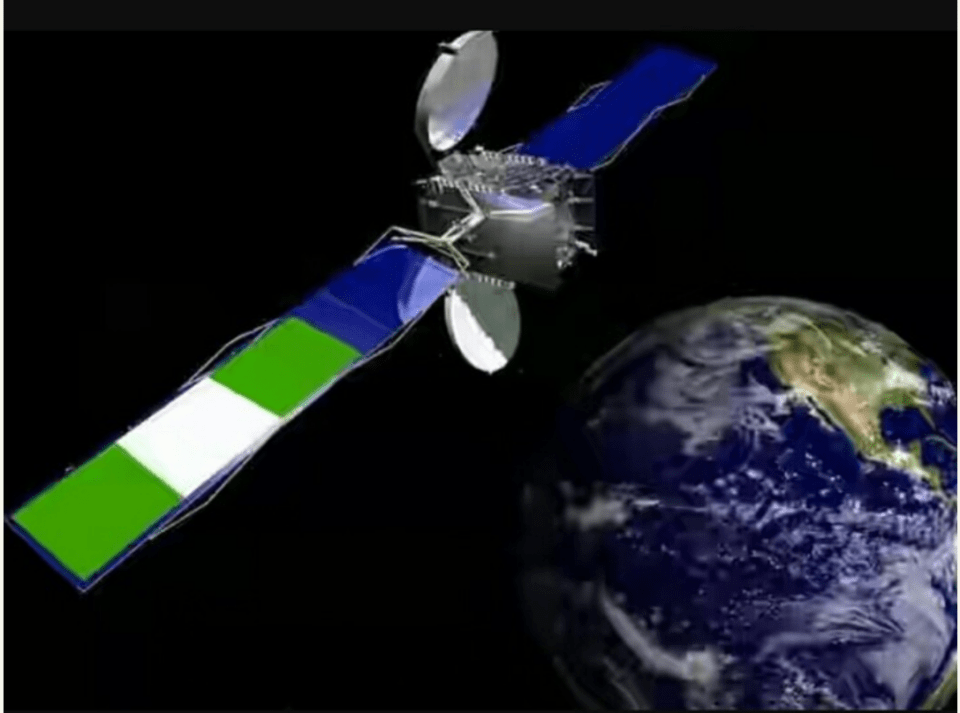The National Broadcasting Commission (NBC) and Nigerian Communications Satellite Limited (NIGCOMSAT) have jointly launched a groundbreaking strategy dubbed “The Big Picture.” This next-gen Digital Switchover (DSO) vision harnesses the power of Nigeria’s own satellite—NIGCOMSAT-1R, to usher in a new era of digital broadcasting that promises nationwide access, affordability, and a dramatic rise in homegrown content.
Unlike the previous DSO model, which relied heavily on costly terrestrial infrastructure, this satellite-first approach is set to accelerate Nigeria’s digital transformation by 65%. The initiative will beam Direct-to-Home (DTH) broadcasts to 100% of the country’s landmass, eliminating the need for hundreds of transmission towers and drastically reducing operational costs. With over 10 million Nigerian households already owning DVB-S2-compatible televisions or set-top boxes, millions can immediately begin enjoying free-to-air digital channels, no waiting, no extra installations.
The new rollout also introduces hybrid internet-enabled set-top boxes, which come with features like parental controls and seamless access to NigComSat’s Electronic Program Guide. These devices are tailored for Nigeria’s youth-heavy population, where over 60% are under the age of 25. For those who prefer streaming, a new DSO mobile app will allow users to access all 100+ channels via smartphones and tablets, using adaptive bitrate streaming to ensure smooth playback even in areas with low internet bandwidth.
To boost local content creation, NBC and NIGCOMSAT are collaborating with the Nigerian Television Authority (NTA) and private studios to establish regional production hubs across the six geopolitical zones. This will enable the production of over 1,000 hours of original Nigerian content every month, with a strong focus on national unity, gender equality, and youth empowerment. Independent filmmakers will be given a platform to showcase diverse stories, while multilingual support will be provided via a 24/7 call center and grassroots outreach led by trained Digital Ambassadors fluent in Hausa, Yoruba, Igbo, and Pidgin English.
Read also:
- NBC urges peaceful coexistence amid Abia-Cross River boundary dispute resolution efforts
- FG renews commitment to boundary conflict resolution via NBC
- Industry minister visits NBC, backs growth, stability of local investments, manufacturing
To ease the transition for broadcasters, the Federal Government is waiving satellite carriage fees for 18 months. Additionally, the Nigerian Consumer Credit Corporation (CEDICORP) will offer near-zero-interest financing for the purchase of 5 million DTH-enabled devices, with repayment plans tailored for low-income households. This ensures that digital broadcasting reaches even the most underserved communities.
A major highlight of The Big Picture is its commitment to democratizing content. Over 40% of available channels will be reserved for regional and independent broadcasters, giving voice to Nigeria’s rich diversity of languages and cultures. With over 100 free-to-air channels focused on Nollywood, education, sports, and culture, Nigerians are about to experience the largest free content offering in the nation’s history. The involvement of global analytics firm GAHB also promises a smarter media ecosystem, allowing broadcasters and advertisers to track real-time audience engagement and boost advertising revenue, projected to grow by 300% by 2026.
NBC’s Director-General, Barr. Charles Ebuebu, described the initiative as a “paradigm shift,” stating that Nigeria is not just digitizing television, but also “democratizing information, empowering cultural narratives, and redefining connectivity in the 21st century.” He added that the new devices are not about forcing Nigerians to choose between traditional TV and streaming-“they unite both worlds.”
As local manufacturers gear up to produce five million hybrid-compliant devices annually, generating over 20,000 jobs, this digital switchover is set to fuel the President’s Buy Nigeria agenda, drive economic growth, and create a more inclusive media environment for all.
